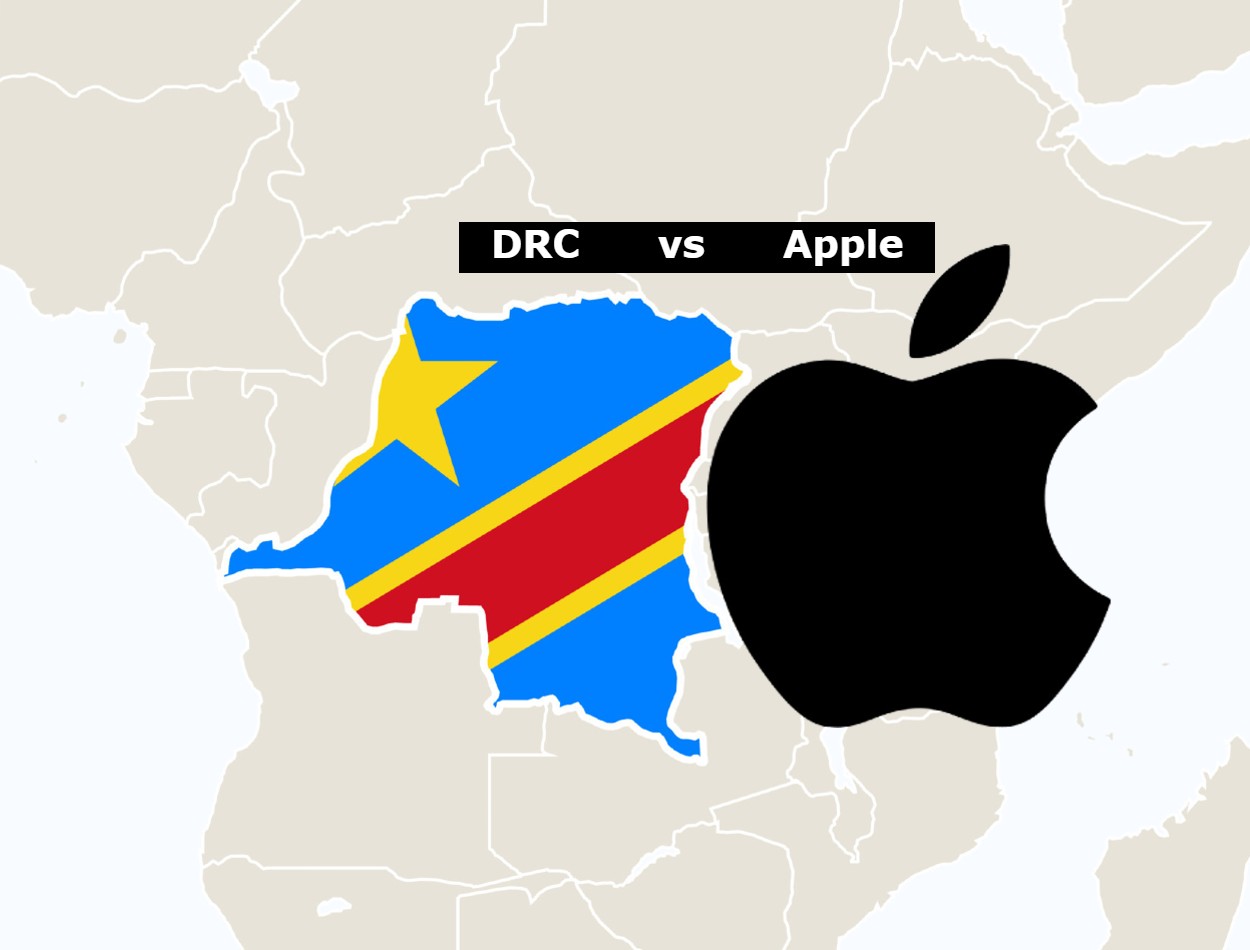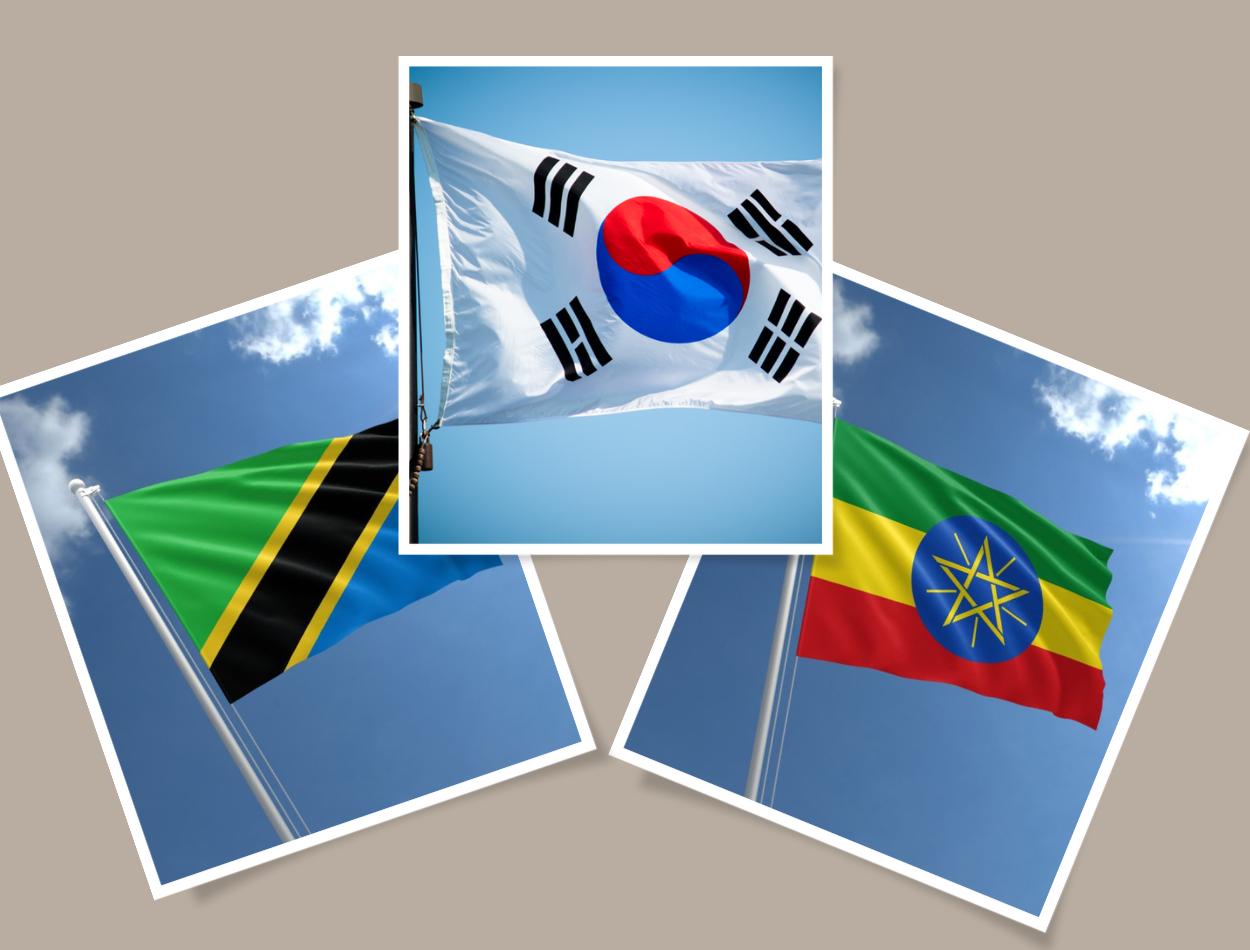In a panel discussion in the just concluded Africa CEOs Forum, Nigerian industrialist Aliko Dangote confirmed something that probably everyone on the continent either knows or has a clue–that intra-African travel is tough because of border restrictions.
That the richest man on the continent needs at least 35 visas to traverse borders, speaks of the continent’s low ambitions towards bolstering trade and free movement of labour. The African Continental Free Trade Area (AfCFTA) is a song that has been on the lips of the political and business class on the continent for almost a decade now.
Little, if anything, has been achieved. Intra-Africa trade is still low and might not hit the target set by the African Union (AU) by 2063. The idea of having a single market for Africa’s 55 countries has been romanticised and AfCFTA touted as the world’s largest free trade agreement.
But just how much work is being done to eliminate the trade barriers to allow for the free flow of goods and services across the continent? Apart from ratifying the agreements, very little.
Lethargic thinking
Dangote’s remark highlighted the lethargy on the continent to address issues that matter. Like, it still makes no sense why most African countries have imposed visa restrictions when people from other countries can traverse the continent with little to no restrictions.

Coupled with costly air travel, intra-Africa trade and investment is a dream that, from current indications, will never come true. Probably, it will take generations in a matter that requires a few forward-thinking laws and policies.
Much has been said about the borders being drawn by colonial governments to limit Africans. Why do we still have them decades after the end of colonialism? While Eastern and Southern African states seem to be doing well in opening borders, West Africa and Northern Africa are still dragging their feet, though movement within ECOWAS for member states is the highest in Africa.
A Kenyan can travel across all Southern African countries without a visa. In some of the countries like Namibia, Botswana, and South Africa, one can stay for up to 90 days. That is not the case in Northern and Western Africa.
Prohibitive costs
In a continent where that majority still teeters out of poverty–with the majority a paycheck away from hitting rock bottom, it’s foolhardy to limit movements and trade. It costs between $20-$500 to get a visa, depending on the country-specific requirements.
While the whole idea is to limit illegal migration in light of few employment opportunities, the policies are also locking out potential investors. No investor would put capital in a country that does not make things like travelling easy.
Even discouraging is the fact that most countries on the continent have done nothing to create preferential policies that would attract investors. For instance, have special long-term visas for frequent business travellers.
Only four out of the 55 African states have removed visa requirements for African travellers. The four are Rwanda, Benin, The Gambia and Seychelles. In 46% of intra-Africa travel, Africans need a visa before travelling. This is a drop from 55% in 2016, which means that the continent is reversing the gains.
About 26% of intra-Aftican travel require a visa on arrival, while only 28% do not need a visa. Having a more liberal visa regime would help African countries unlock a lot of untapped opportunities.
What is saddening is that there seems not to be a serious push towards boosting these depressing numbers. Until then, the owners of the capital will continue applying for visas to travel to scout for opportunities.
Professionals will also continue to get rejections from embassies, denying African states tourism revenue and skill force.






